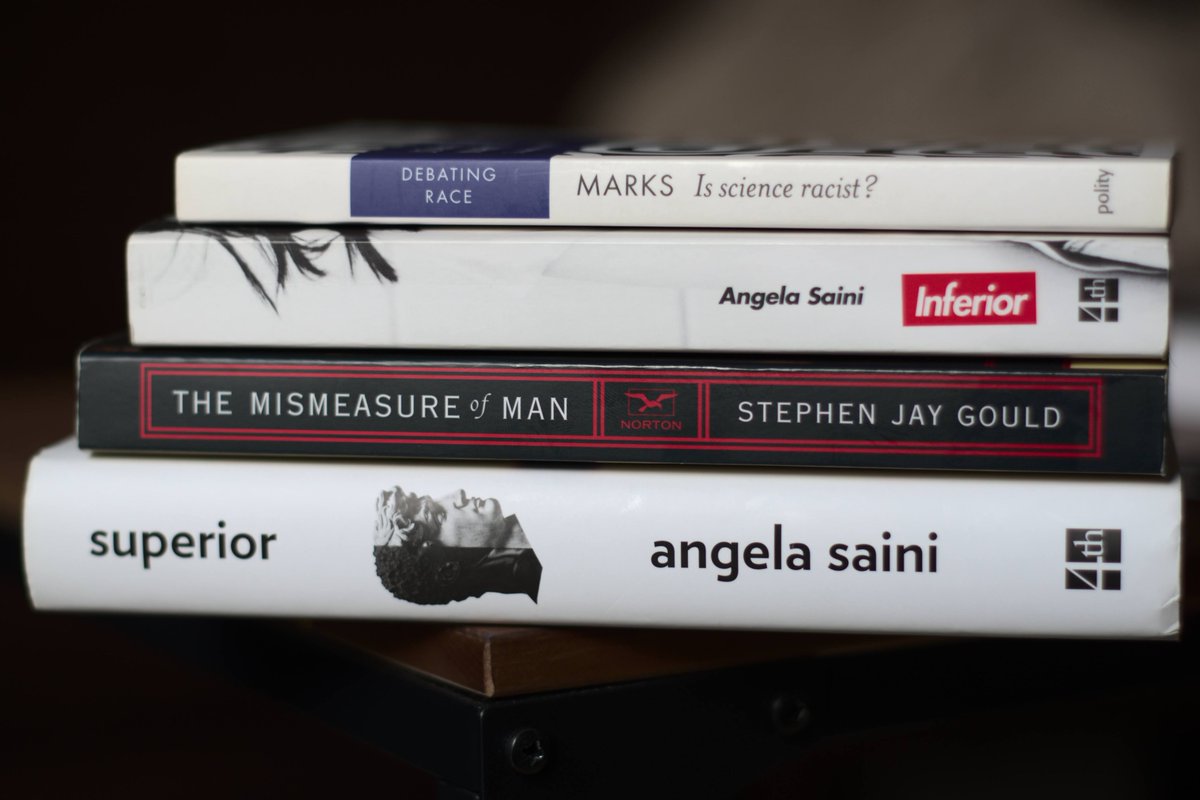Hi All, apologies for disappearing yesterday. This has been a busier week than originally planned.
Thankfully it is now the weekend and I have done my customary Saturday chores and long walk, so I can settle in for the next couple of hours
Thankfully it is now the weekend and I have done my customary Saturday chores and long walk, so I can settle in for the next couple of hours
So... who wants to talk about diversity issues in science!
Or rather, who wants to listen to me rant and occasionally interject?
Or rather, who wants to listen to me rant and occasionally interject?
So where are we starting today? With a story about the microscope I already showed in this tweet https://twitter.com/RealSci_Nano/status/1354443399638740994
that microscope is based on the one that would have been used by Antonie van Leeuwenhoek, a Dutch businessman and scientist who lived in the mid 1600-early 1700s and is widely regarded as one of the foundational figures in the history of microscopy and microbiology
Sidenote: The businessman part is important because it is worth noting that a lot of the structures of modern science was created by wealthy European men working in their spare time. I'll talk a bit more later about why this matters
For now, the important thing is that van Leeuwenhoek made what were at the time incredibly sensitive microscopes, then applied them to looking discovering microscopic life. Including his own semen
(and yes, I have made all the jokes that I could think of about how he acquired his samples)
When van Leeuwenhoek and his assistants described what they saw while looking at semen, they all claimed to be able to see little people inside of the sperm cells they saw wriggling around
Now:
(a) those microscopes probably weren't powerful enough to allow them to see tiny people inside of cells
but more importantly
(b) We know now that there are no tiny people inside sperm cells
So why make the claim?
(a) those microscopes probably weren't powerful enough to allow them to see tiny people inside of cells
but more importantly
(b) We know now that there are no tiny people inside sperm cells
So why make the claim?
To understand that, you have to understand that there was a long history in western philosophy of the idea that men provided the "seeds" of what makes a person and women purely provided the "soil" for the new person to grow
... and those ideas had grown into a legitimate scientific theory by the time van Leeuwenhoek looked through his microscope at those sperm cells. He was aware of these ideas, probably took them seriously.....
...and so when he saw his own "seeds" it wasn't a huge step to conclude that there were actually people in them
the lesson here isn't that he set out to mislead people or that he was a bad scientist, it is that he was a man who grew up in a world that fed him certain ideas about how the world worked, and those ideas leaked into his observations of the world
(It is also worth noticing that science and philosophy in his era were both the domains of rich European men, and that had to have an effect on which ideas were considered legitimate and which weren't)
The lessons of this story:
Science as a discipline is meant to be a completely objective context-free search for the truth, and sometimes scientists assume this means *we* are also magically objective creatures who exist only to search for the truth
Science as a discipline is meant to be a completely objective context-free search for the truth, and sometimes scientists assume this means *we* are also magically objective creatures who exist only to search for the truth
In reality though, scientists are people, and like all people, we absorb the biases and prejudices of the societies we are surrounded are. And if we go on to build institutions, we embed those biases in them
we are surrounded *by*
I desperately need a proof reader
I desperately need a proof reader
Anyway, this observation becomes really important when you consider that, like I said earlier, the foundation of modern science were mostly erected over the last 500 years ago by a group almost exclusively made up of well-off European men
and baked into the institutions they created are a series of prejudices they inherited and formalised around race, gender, class, sexuality, disability etc.
And that process is as much a part of the history of science as the invention of the microscope or the discovery of DNA
Also, the consequences of that process live with us now, in terms of who is allowed to take part in the creation of new science and what kinds of questions are considered worthy of study
sorta sidenote: I really think that people who claim to be interested in how science works should care as much about the ways it has been harnessed to defend inequality as they do about, say, Einstein
*Especially* if you are in any kind of position of power. And this includes, say, being a TA in an undergraduate lab
I consider that a very basic starter list though. @IBJIYONGI has a more extensive list here https://medium.com/@chanda/decolonising-science-reading-list-339fb773d51f

 Read on Twitter
Read on Twitter


